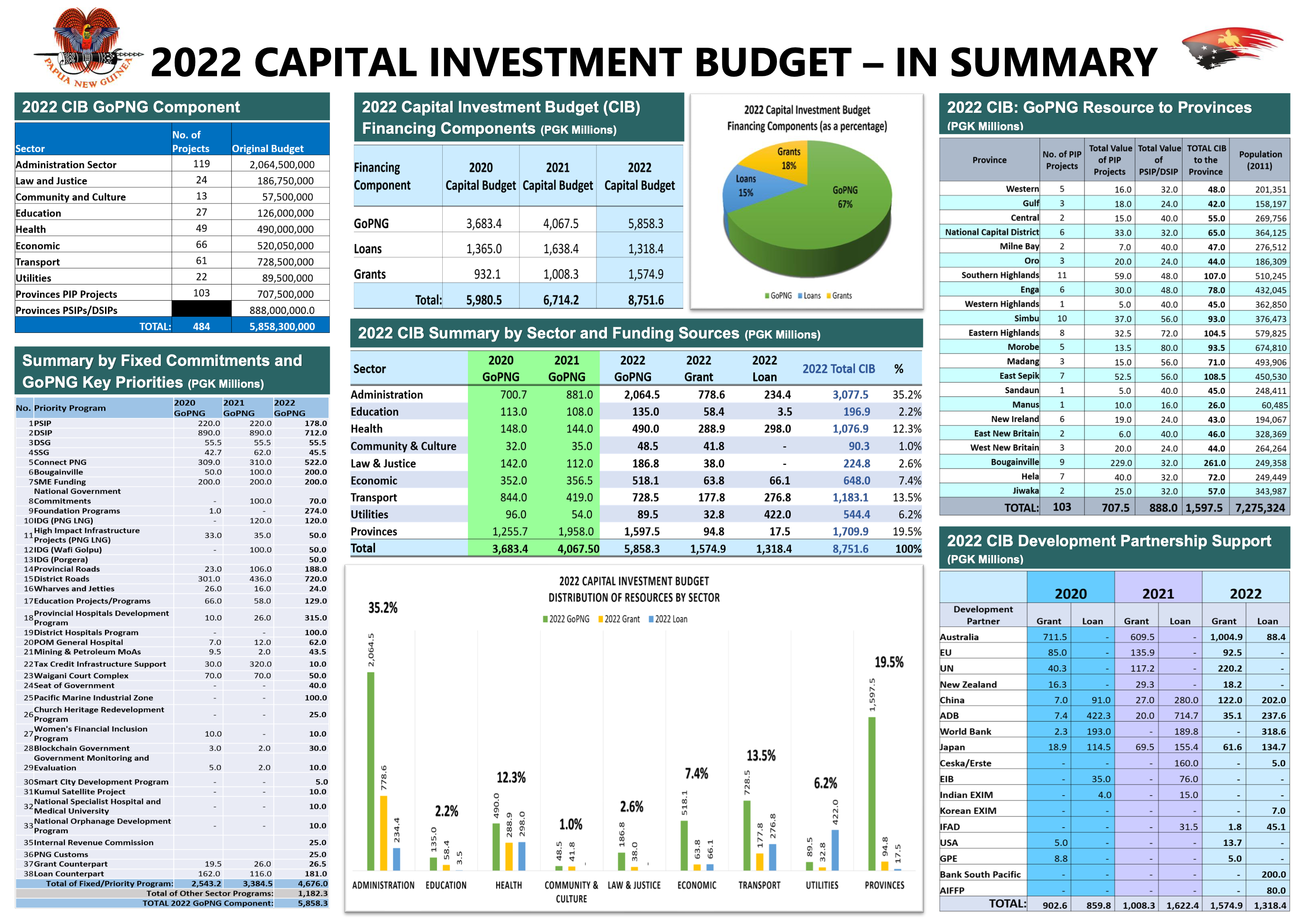Gender Equality and Social Inclusion Desk
Section 55 of the Constitution of Papua New Guinea calls for; "Equality for citizens in all areas of social, economic and political development irrespective of race, tribe, place of origin, political opinion, colour, creed, religion or sex".
The GESI Policy is a national initiative of the Department of Personal Management (DPM) approved by the National Executive Council (NEC) on the 20th December, 2012. The policy strongly builds on the specific foundations set in the Public Service Management Act (PSMA), Public Service (PS) Code of Business Ethics & Conduct and the General Order, specifically General Order (GO) 20, (52 – 82) & Vision 2050 – Pillar No. 1- "Human Capital Development, Gender, Youth & People Empowerment"
The Department of National Planning and Monitoring is yet to launch its internal GESI Policy, however has over the last three years established its GESI desk which is now recognised as an important function of the Corporate Governance and Compliance Division. Apart from the GESI Desk Officer, there is a male and female GESI advocate located in the department.
The DNPM provides equal opportunities for all its staff, encouraging gender equality in terms of employment and management positions with a long-term focus of continuously cultivating, growing and operating a gender balanced environment in the workplace that is inclusive, merit based and healthy, whilst at the same time recognizing individual values and expectations where staff are encouraged to realise their full potential. Currently there is 50% gender equality on senior and middle management positions in the Department.
GESI Principles & Values
Recruitment and promotion based on merit
A safe work place and created opportunities for advancement for all
Freedom from bias
Reasonable adjustments to remove barriers to employment
Respectful communication
General Interpretations of GESI
Gender :
Gender describes the different roles and responsibilities of women and men – what males and females do, what they are responsible for, how they are expected to behave, what they are allowed to do, and what is seen as normal and proper behaviour in the community.
EquityTreating people fairly (not necessarily equally), so that they need to achieve their best, i.e. providing access to resources, opportunities, power and responsibility they need to reach their full potential. E.g. setting up programmes, policies, training
Gender EqualityRoles of women & men are valued equally, i.e.; there is equal opportunities, equal treatment and equal entitlements. Equal is directly linked to Human Development. Design initiatives whereby we all work towards achieving a goal for the benefit of this Department, our community and the country.
Social InclusionSocial Inclusion means ensuring that socially excluded (Disadvantaged) people have equal opportunities for realising their full human rights and potentials to contribute towards the development of the nation and to equally benefit from the results A socially Inclusive and diverse workplace is achieved by recognising the values and differences of each individuals and using these people at their workplace to achieve their full potential (GESI Policy).
GESI Policy takes into consideration the diversity of our people and their health, social and living conditions, we (PNG) are so much attached to our customs, tribes/clans, Religion and professional responsibilities


